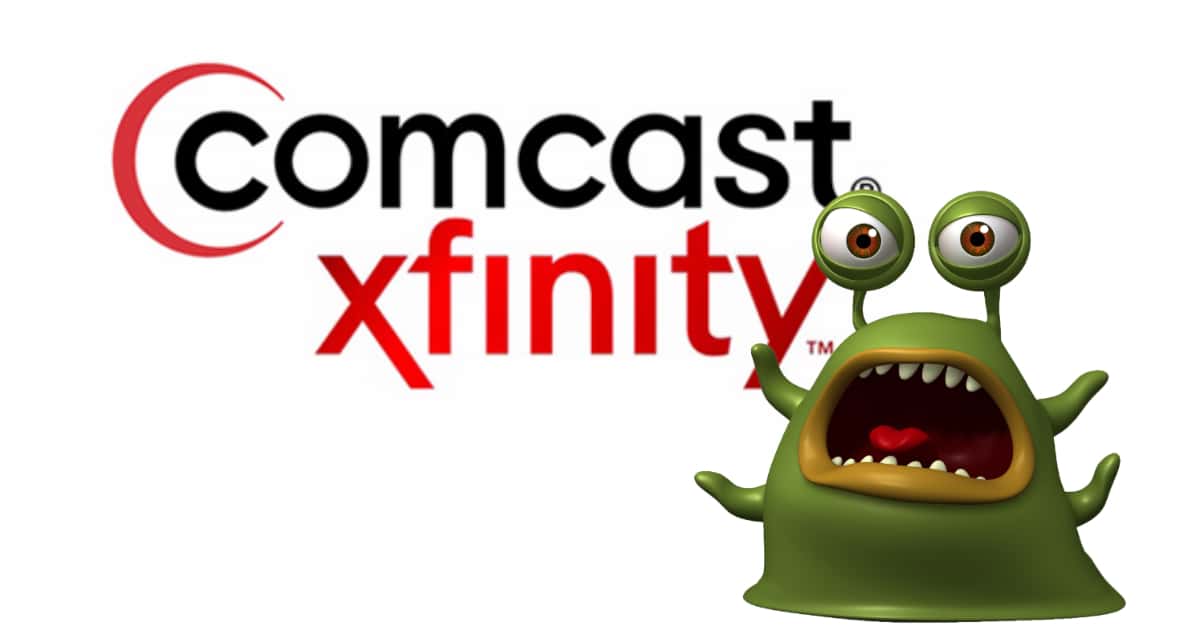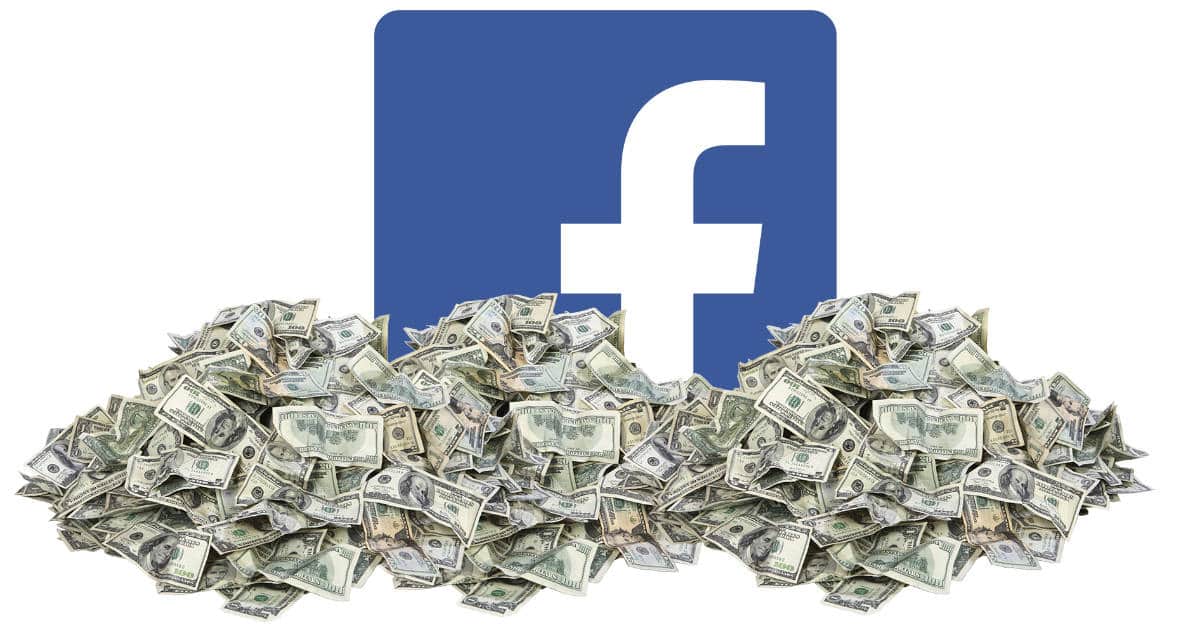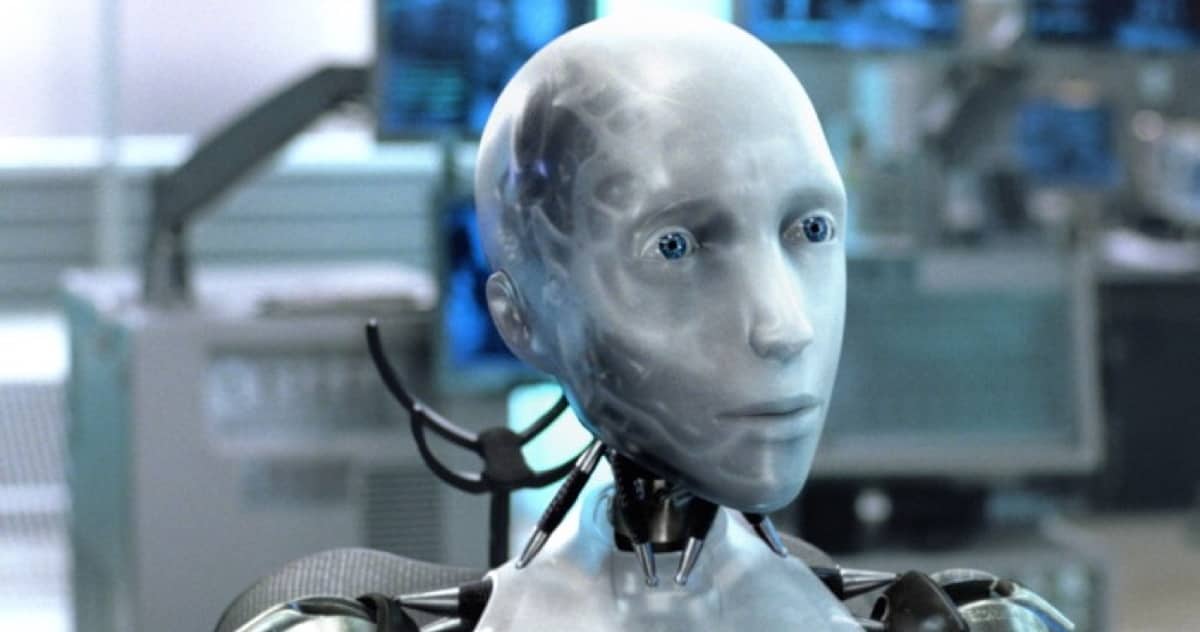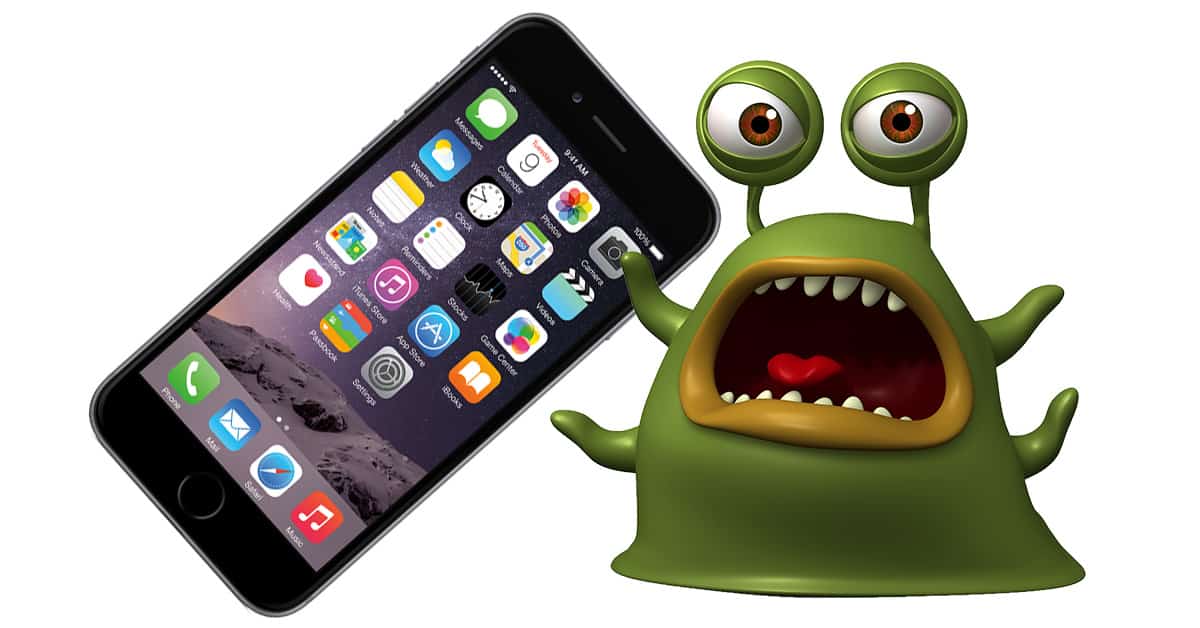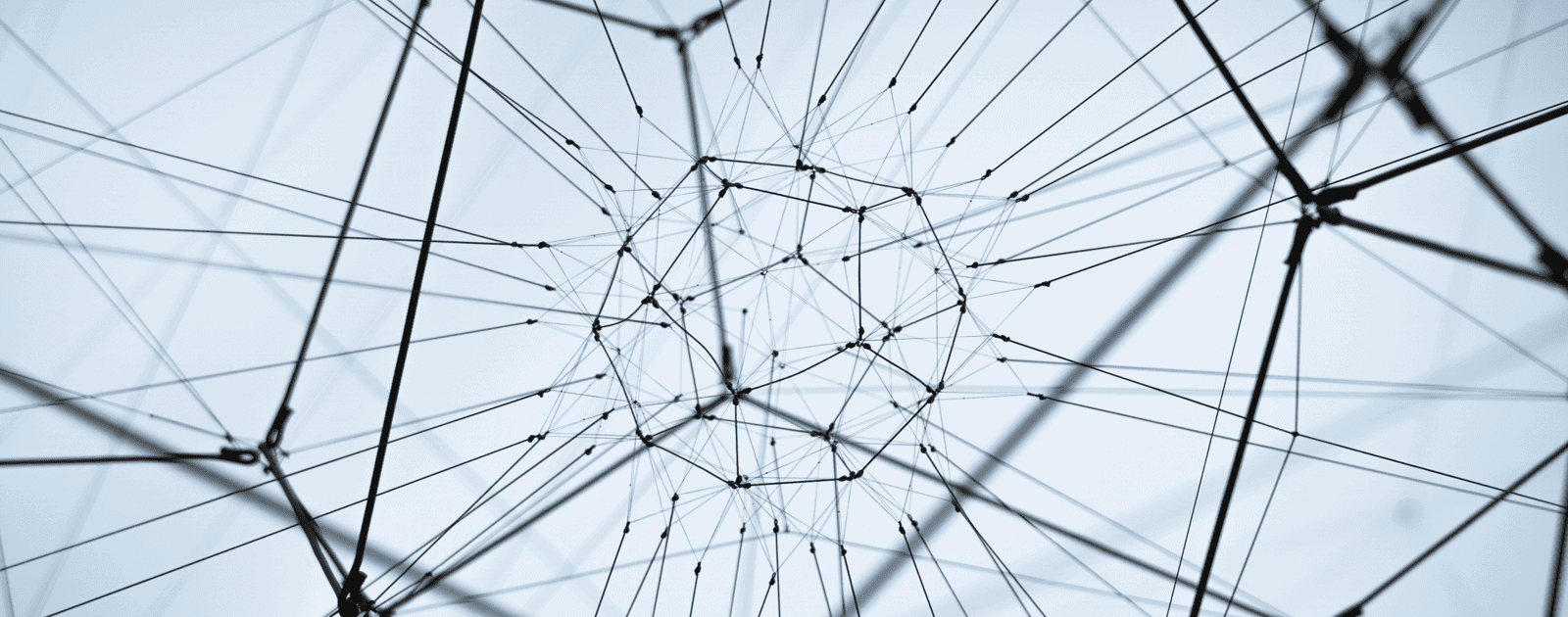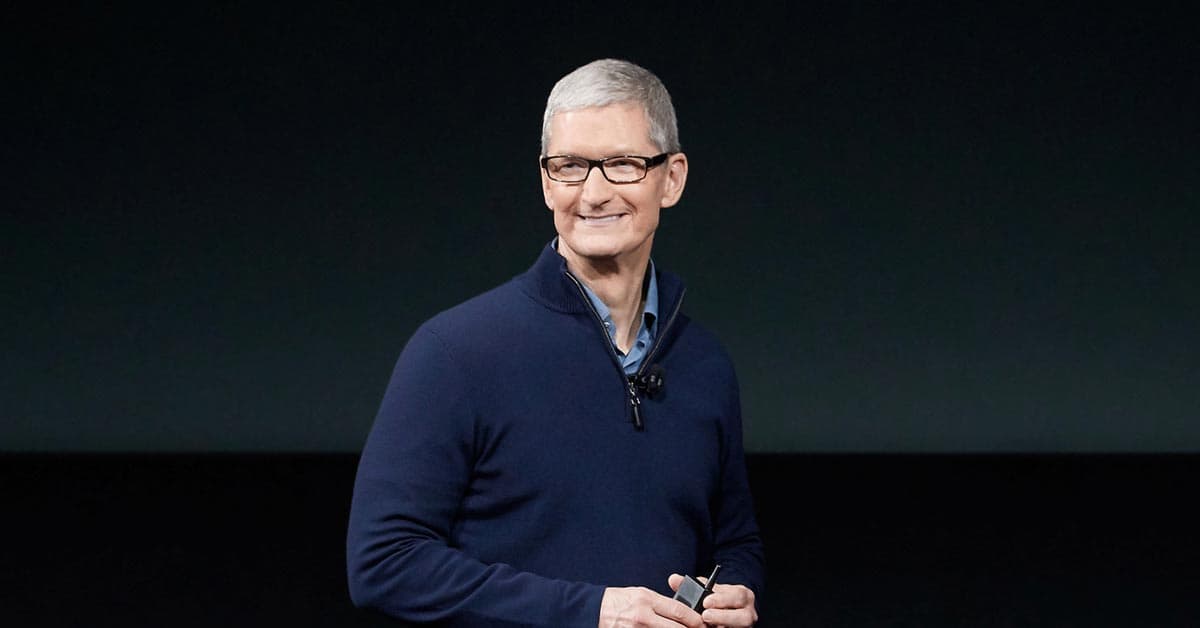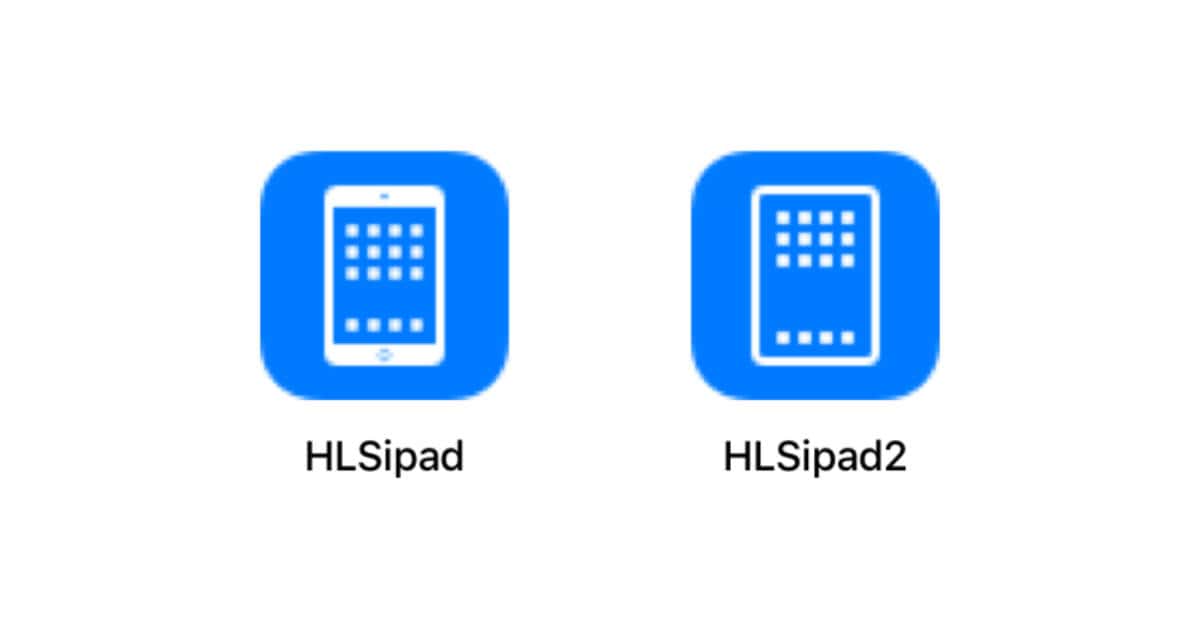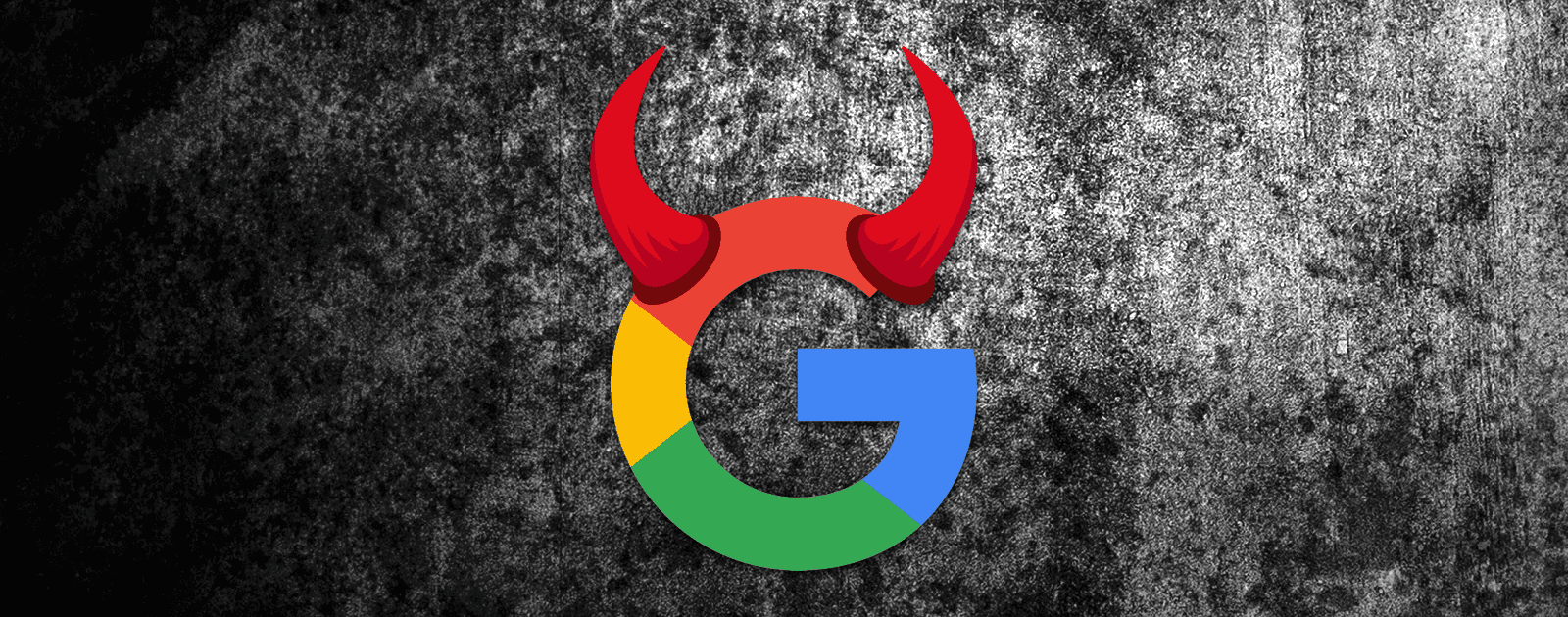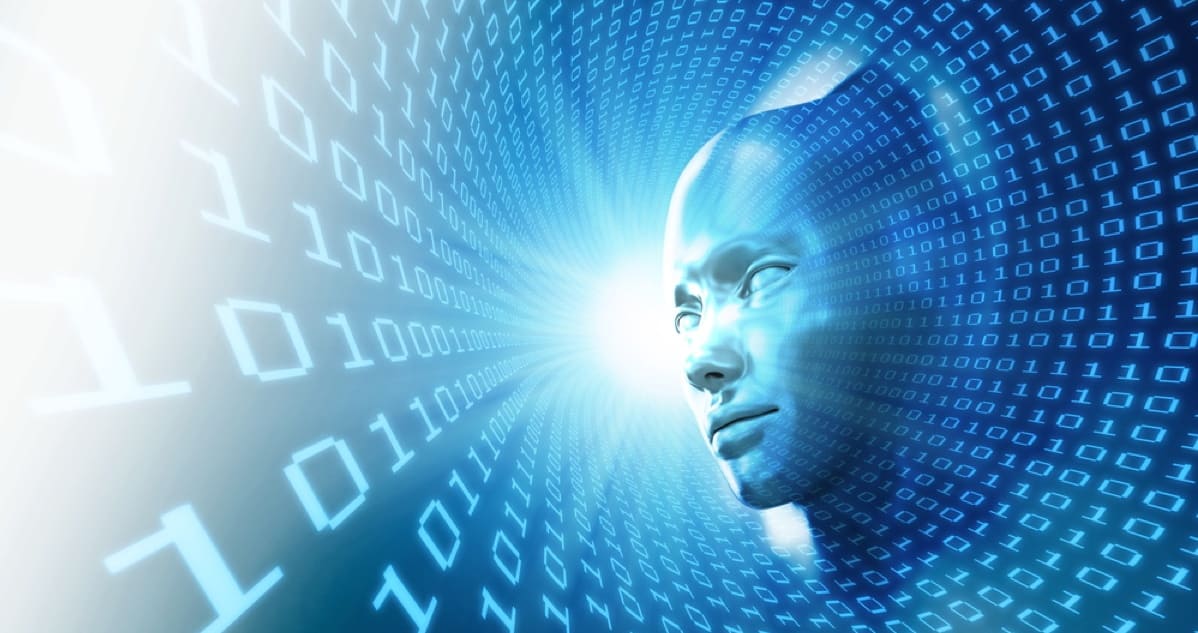A design flaw in Comcast’s online payment portal exposed partial home addresses and social security numbers for 26.5 million customers. The flaw displayed the first number and street name for addresses, and the last four digits in social security numbers. Buzzfeed broke the news, and Comcast quickly patched the flaw. Comcast says no one exploited the flaw, and they had it patched within hours of learning about it. Still, the fact that nearly anyone had access to the information is pretty creepy.
TMO Link
Apple: Infowars App Can Stay on App Store
Apple removed the Infowars podcasts from its iTunes listings citing hate speech violations, but is letting the Infowars Official app stay on its iPhone and iPad App Store. Why remove the podcasts, but not the app, since they all offer the same content? Even though the podcasts violate Apple’s guidelines, the app doesn’t. In a statement to Buzzfeed, Apple said,
We strongly support all points of view being represented on the App Store, as long as the apps are respectful to users with differing opinions, and follow our clear guidelines, ensuring the App Store is a safe marketplace for all. We continue to monitor apps for violations of our guidelines and if we find content that violates our guidelines and is harmful to users we will remove those apps from the store as we have done previously.
The problem here is that Apple’s App Store guidelines Alex Jones Infowars App Still on App Store Even After Podcasts Were Blocked, and they’re apparently different than the iTunes Store guidelines for podcasts. It’s confusing for content creators and consumers. Apple is well within its rights to block podcasts and apps for any reason, even if they’re arbitrary. I’d prefer, however, if Apple’s guidelines were clear and consistently enforced.
How Facebook Used a Psychological Trick on Teenagers
This article demonstrates many things. 1) Teenagers spend too much time on Facebook. 2) They are subject to psychological manipulation. 3) Those who create channels into teenage minds will do anything to make money. 4) Few realize this is happening. And 5) If Facebook can do this to youngsters, so can others with more unpleasant motives.
Book By Ex-Apple Employee Talks About iPhone Keyboard
Ken Kocienda worked at Apple from 2001 to 2016. He wrote a book called Creative Selection that talks about Apple’s design process and more from an insider’s perspective, including the iPhone keyboard.
Scott didn’t clue me in on the politics in play between him and Phil or why he had scheduled the demo. I imagined that Scott was eager to show off the results of the keyboard derby, which must have been a topic for discussion up at the executive level. In any case, my job was to prepare my demo so it worked as it did for the demo derby, so that’s what I did.
You can preorder the book, called Creative Selection, on Apple Books for US$14.99.
Apple Lands Min Jin Lee's Pachinko for TV Series
Apple’s latest addition to its original television lineup is a series based on Min Jin Lee’s best selling book Pachinko. The book chronicles the lives of a Korean that immigrated to the U.S., and Apple signed it into what Hollywood Reporter calls “a sizable script-to-series commitment.” HR adds,
Soo Hugh (who oversaw on season one of AMC’s The Terror) will pen the script for Apple as well as executive produce and serve as showrunner on the likely series. Pachinko hails from Michael Ellenberg’s Media Res, which is behind Apple’s upcoming Reese Witherspoon-Jennifer Aniston morning show drama and was the tech giant’s entry into the scripted space. Author Lee will also be credited as an executive producer on the Apple take.
I love how Apple is bringing diversity to its original TV show programming and is turning its back on the old-school white male-dominated television world.
The Science of Plant Intelligence Emerges
Plant biology is an interest of mine, and recent scientific research suggests that plants could have a basic form of intelligence, with memory and learning capabilities. Monica Gagliano talked with Forbes about her research on plant intelligence:
If Gagliano’s interpretation of the data is correct, the scientific community may have to reckon with intelligent organisms independent of the traditional brain and nervous system model. If her interpretation of the data is correct, we may be in the early stages of waking up to a world long-populated by considerably more intelligent, sentient beings than previously acknowledged. It would be a major paradigm shift.
Ms. Gagliano has a book coming out later this year, called Thus Spoke the Plant.
Silicon Valley Created an Ethical Guide
An ethical guide was recently created by think tank Institute of the Future and the Tech and Society Solutions Lab. The guide—called Ethical OS—aims to serve as a bridge between researchers who study tech’s societal impact, and the companies that impact society.
The first section outlines 14 near-future scenarios, based on contemporary anxieties in the tech world that could threaten companies in the future. What happens, for example, if a company like Facebook purchases a major bank and becomes a social credit provider? What happens if facial-recognition technology becomes a mainstream tool, spawning a new category of apps that integrates the tech into activities like dating and shopping? Teams are encouraged to talk through each scenario, connect them back to the platforms or products they’re developing, and discuss strategies to prepare for these possible futures.
In my opinion, it should be a requirement for business majors to take ethical classes, if they already don’t. Starting a company in a garage with no knowledge of societal quandaries doesn’t cut it anymore.
Facebook Asks Banks for Your Account Balance, Credit Card Activity
Facebook wants to offer new services to its users, so it’s asking banks in the United States to share personal account information. That includes account balances and credit card activity, because who better to have access to our personal financial data than Facebook? From the Wall Street Journal:
As part of the proposed deals, Facebook asked banks for information about where its users are shopping with their debit and credit cards outside of purchases they make using Facebook Messenger.
Facebook and Mark Zuckerberg have shown time and again that our personal data is far more valuable than our privacy. At least one bank has already told Facebook “no,” and hopefully the others will, too.
LEGO Will Make Sustainable Blocks From Sugarcane. But Is it Really Eco Friendly?
On August 1, LEGO launched its first line of sustainable blocks made from sugarcane. LEGO wants to make its production to be sustainable by 2030. The new blocks are made of sugarcane plastic and are shaped like plants. But is that really eco-friendly?
According to the World Wildlife Fund:
Sugarcane is a water-intensive crop that remains in the soil all year long. As one of the world’s thirstiest crops, sugarcane has a significant impact on many environmentally sensitive regions, like the Mekong Delta and the Atlantic Forest.
Sugar mills produce wastewater, emissions and solid waste that impact the environment. The massive quantities of plant matter and sludge washed from mills decompose in freshwater bodies, absorbing all the available oxygen and leading to massive fish kills. In addition, mills release flue gases, soot, ash, ammonia and other substances during processing.
Deep Learning About Deep Learning
The terms artificial Intelligence (AI), machine learning, and deep learning are often confused or interchanged. Friday’s Particle Debris links to an article by a researcher who explains the differences. With that background in hand, PD looks at some intriguing research in the field, including research robots that beg for their lives.
Apple Books is a Love Letter to Readers
I previously wrote about how Apple Books has greatly improved in iOS 12, and Ryan Christoffel agrees in his own rundown of Apple Books as a love letter to readers.
Apple could have easily taken the look of apps like Music and Podcasts and slapped it on Books, and it would have been fine. The company did nothing of the sort, though; instead, Apple Books offers one of the most drastic departures from existing iOS design norms available on the platform…
Books’ design isn’t entirely foreign to other iOS apps – there are some similarities, such as the abundant use of white space – but overall its differences far outweigh any commonalities. And those differences prove that there’s still plenty of room to expand the accepted design norms on iOS.
TSMC Hit with WannaCry Virus, Shut Down Chip Production
Apple iPhone processor maker TSMC was knocked to its knees over the weekend when the WannaCry computer ransomware virus infected fabrication tools. The virus left the equipment unusable while it was being removed. Bloomberg reports,
TSMC said that 80 percent of the fabrication tools affected by a virus outbreak Friday evening had been restored and that it expects full recovery on Monday. The Taiwanese company said the incident, which comes as it ramps up chipmaking for Apple Inc.’s next iPhones, would delay shipments, without specifying which customers would be affected. Its shares fell more than 1 percent in Taipei.
Odds are TSMC is prioritizing Apple, so we probably won’t see much of an impact on iPhone availability when new models ship this fall. TSMC’s other clients, however, probably won’t fare as well.
Apple Bans Alex Jones Infowars Podcasts from iTunes Store
Almost all of the podcasts from Alex Jones, the media personality known for his right-wing Infowars platform and conspiracy theories, have been blocked from Apple’s iTunes Store. Apple is citing hate speech as the reason, just like Facebook, YouTube and Spotify when those platforms blocked his content. Apple told Buzzfeed,
Apple does not tolerate hate speech, and we have clear guidelines that creators and developers must follow to ensure we provide a safe environment for all of our users. Podcasts that violate these guidelines are removed from our directory making them no longer searchable or available for download or streaming. We believe in representing a wide range of views, so long as people are respectful to those with differing opinions.
I’m with Andrew Orr on this one: Apple made the right move on this one. Regardless of political views, actively engaging in hate speech is wrong, and when you’re in Jones’ position can entice others into doing the same—or even into taking physical action against other people. And saying Apple, Facebook, or any other company that refuses to host or link to Jones’s content is violating his First Amendment rights is flat-out wrong; the U.S. Constitution prohibits the government from curtailing what you can say, not what companies allow on their online services.
Allowing Smartphones in Class Hurts Student Grades
A recent study, described at Big Think, reveals that students who multi-task with smartphones in class are less able to retain information they’ll need for future exams. From the article. “This finding demonstrates for the first time that the main effect of divided attention in the classroom is not an immediate effect of selection or switching on comprehension but a long-term effect of divided attention on retention,” the researchers wrote.
The Ad-Filled Web Is Now Called the Bullsh*t Web
I first came across this article via Daring Fireball, and it discusses the Bullsh*t Web, a term for the ad-filled web we’re now familiar with.
Take that CNN article, for example. Here’s what it contained when I loaded it:
- Eleven web fonts, totalling 414 KB
- Four stylesheets, totalling 315 KB
- Twenty frames
- Twenty-nine XML HTTP requests, totalling about 500 KB
- Approximately one hundred scripts, totaling several megabytes — though it’s hard to pin down the number and actual size because some of the scripts are “beacons” that load after the page is technically finished downloading.
Ads are necessary to keep things free, but the amount of crap that most modern websites are filled with is unnecessary.
Tim Cook to Employees: Thanks for the $1 Trillion Market Cap
Apple became the first company with a US$1 trillion market cap on Thursday, and CEO Tim Cook marked the occasion with a memo to employees for helping reach the milestone. Cook called the event a “Significant milestone,” and went on to say products and customers are more important than a number. He said,
Financial returns are simply the result of Apple’s innovation, putting our products and customers first, and always staying true to our values.
It’s true: Without products like the iPhone, and incredibly loyal customers, Apple wouldn’t be where it is today.
Thin-bezel iPad with Face ID Hiding in iOS 12 Developer Beta 5
iOS 12 developer beta 5 pretty much confirms Apple has a thin-bezel iPad without a Home button coming soon. Guilherme Rambo dug through the code and found icons for the new iPad model, along with evidence it’ll also support Face ID. Writing at 9to5Mac he says,
A new asset found in iOS 12 developer beta 5 seemingly confirms a new bezel-less iPad for the fall. The asset is part of the battery usage UI and it shows an iPad with no home button and thinner bezels. It wouldn’t be the first time a tiny glyph found in an OS reveals an unreleased product, last year the rumors about an iPhone with thin bezels were confirmed by the HomePod software leak.
Presumably this is an iPad Pro refresh. Since it’s showing up in iOS 12 beta code now, odds are we’ll see the new model some time this fall. My first generation 12.9-inch iPad Pro is suddenly looking a little long in the tooth.
Google: "Don't Be Evil, Unless We Can Make Money"
Google is working with authoritarian China to build a censored version of its search engine, completely sh*tting on its old motto “Don’t Be Evil.” With dollar signs in its eyes, Google (and Apple mind you) can’t resist the siren call of dystopia:
The project – code-named Dragonfly – has been underway since spring of last year, and accelerated following a December 2017 meeting between Google’s CEO Sundar Pichai and a top Chinese government official, according to internal Google documents and people familiar with the plans.
The planned move represents a dramatic shift in Google’s policy on China and will mark the first time in almost a decade that the internet giant has operated its search engine in the country.
Should Apple Ban Alex Jones From its Platforms?
Facebook and Spotify have recently removed some content from Alex Jones from their platforms. In my opinion I think Apple should be next. Recode reports on Spotify’s move:
Infowars founder Alex Jones is getting another slap on the wrist from a major tech company: Spotify, the music streaming service that also streams podcasts, has removed multiple episode of “The Alex Jones Show” for violating the company’s policies around hate speech.
Before I get emails from readers accusing me of political bias (it happened recently) let me give you my take. Regardless of whether Alex Jones is considered alt-right, conservative, or whatever you want to call him, this shouldn’t be a political issue. People from all political sides should support compassion for others, as well as support evidence-based discourse. Alex Jones isn’t compassionate, and many of the things he says aren’t based on evidence.
More Cool Space Images: Saturn's Moon Titan
Here are the coolest space images of the week collected by digg.com. Highlighted: Saturn’s largest moon, Titan, photographed by the Cassini spacecraft.
Cupertino Shelves Employee Head Tax, Wants Apple to Help Fund Hyperloop Instead
Apple’s resistance to Cupertino’s proposed “head tax” on employees paid off because the city backed down from putting it to a vote in November. Mayor Darcy Paul says the city wants more input from businesses before revisiting the tax. Now he wants Apple to help fund a hyperloop line in Cupertino. From the Silicon Valley Business Journal:
[Mayor Paul] said he believes there’s a strong possibility that Silicon Valley tech companies like Apple would ‘heavily subsidize’ construction of a cutting-edge transportation solution in their own back yard and that no new tax should be imposed until that possibility is fleshed out.
Apparently Paul thinks Elon Musk’s hyperloop concept—a sealed tube that transports people at high speed—is the way to bring in more tax revenue.
Japan Display Inc Shows off Futuristic Technology
Japan Display Inc., a Japanese manufacturer known for producing iPhone screens, unveiled some futuristic technology at a recent event.
The presentation, perhaps unintentionally, highlighted the company’s challenges in reducing its reliance on screens for mobile phones, which account for 80 percent of revenue. Samsung Electronics Co. and Sharp Corp. earlier this week reported earnings that took a hit from sluggish global smartphone sales and JDI is due to report first-quarter results on Aug. 8. In addition, Apple is shifting to next-generation organic light-emitting diode displays, which JDI doesn’t produce in mass quantities.
I love me some futurism, and it’s good to see Japan Display start to branch out now that we seem to be in peak smartphone.
CNET Predicts New iPhone Announcement Coming on September 12
CNET looked at Apple’s track record over the past few years to pick the most likely date for the new iPhone announcement and came up with Wednesday, September 12th. That takes into account the days of the week and time in September Apple usually chooses for its iPhone events. Next, they looked at prior announcement proximity to Labor Day. They say,
For the last six years, Apple held its iPhone announcements on either a Tuesday or Wednesday, and usually no later than the second full week of September…For 2018, Labor Day falls on Monday, September 3. So, if Apple follows its recent pattern, the company would announce its new iPhones the following Tuesday or Wednesday: September 11 and September 12.
Considering the negative connotations that go along with September 11th in the United States, that leaves the 12th. Since first deliveries follow about a week and a half later, that means we’ll have new iPhones in our hands on September 21st.
AI Mania. Can We Keep Up?
New payment systems abound. Artificial Intelligence mania continues. AIs interrogating other AIs and probing their minds. AIs doing cancer diagnosis. And mostly right but sometimes wrong. Facial recognition bites back. Can we keep up? It’s all in Particle Debris page 2.
